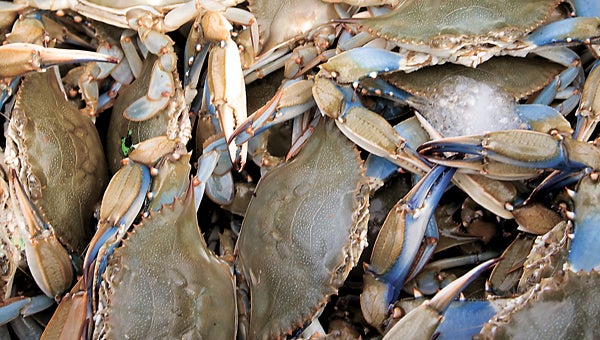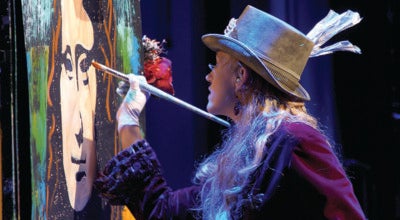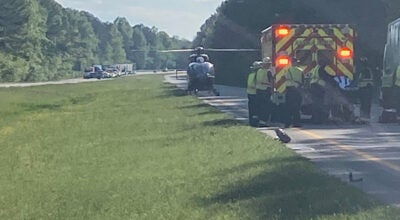Crabbing changes coming
Published 8:16 pm Thursday, November 22, 2012

Blue crab regulations for the area have changed, extending this year’s season and prohibiting dredging during the winter.
Crabbers in and around Suffolk will have to adjust how they earn their livelihoods following new rules governing the crabbing industry that were instituted recently by the Virginia Marine Resources Commission.
The rules cover both the crabbing season and acceptable crabbing practices.
At a meeting earlier this week, commission members voted to extend the fall crab pot season through Dec. 15 due to the effects of Hurricane Sandy.
Members also voted to introduce daily bushel limits for the 2013 commercial crabbing season to offset the additional crabs that will be caught during the extended season.
In another decision, members banned crab dredging in Virginia waters from December 2012 through March 2013, the fifth season running the commission has prohibited the winter practice.
Jim Wharton, co-owner of The Crabshack Seafood Restaurant in Newport News, welcomed the changes. “Closing the dredging is certainly a wise thing to do,” he said.
For every bushel of crabs caught by dredging, which involves raking the mud or sand to dig up burrowed, hibernating crabs, perhaps three more bushels are destroyed, he said.
Leaving wintering crabs alone helps bring up the catch during the crab pot season, he said.
The changes approved by the commission had been recommended by the Crab Management Advisory Committee.
The new daily bushel limits to take effect in March range from 27 to 55 bushels, depending on the number of crab pots a crabber has.
Each of the five classes of commercial crab licenses permits a different number of crab pots.
“These bushel limits are intended to restrain the daily catch in 2013 in order to make up for the additional crabs that will be caught during the extended fall season,” the commission’s meeting minutes state.
During the dredging ban this winter, Virginia Institute of Marine Science staff and scientists are set to study how many crabs are damaged or prevented from spawning by dredge gear.
“The study is expected to lead to a better understanding of the gear’s impact, which will inform future crab management decisions,” the minutes state.
Wharton said that his restaurant always tries to source crabs locally, but it often has to get them from North Carolina.
“It is up and down,” he said of the prices they pay for crabs. “When there’s a lot of them, it goes down, but when there’s not, it’s up.
“The last couple of years the crab population has certainly improved.”






